The Digital Methods Laboratory
A project for empowering scholars and experts to employ advanced digital research methods without requiring specialized IT training.
ABOUT
Digital Methods Knowledge Commons
How to study Russia and other semi-closed societies without a direct access to it? How do we make the best use of empirical evidence that the digital world offers? How to generate and work with data?
The mission of the Digital Methods School is to enhance the quality of research in the field of Russian studies, as well as other related fields, by empowering scholars and experts to employ advanced digital research methods without requiring specialized IT training. We create a set of databases and tools with tutorials to make them widely available. We encourage users to use our digital projects, scripts, data, and ask us questions on how to study Russian language sources.
We join efforts to improve our knowledge about Russia and digital methods
We Are a Consortium of Five Labs
Our methods allow us to conduct online research on public opinion, sociology, and discourse analysis; explore digital geography and examine the impact of events; compile and process open-source information; and fulfill other research objectives using data.
The Russia Program at the George Washington University innovates digital methods to Russian studies, unites experts Russia from the West, CIS and the Global South, and facilitates research & data-driven decision making. The Russia Program hosts the The Digital Methods School.
The Research Collective on Contemporary Russia for the Analysis of its New Trajectories (CORUSCANT) proposes to rethink the modes of production of knowledge on Russia since the invasion of Ukraine.
RuBase is a multi-year research programme that sets out to improve our understanding of Russia’s multi-domain international behaviour. The ‘base’ in RuBase refers both to the knowledge base the team is building and to its (aspirationally) foundational nature.
CEDAR is a group of independent researchers, computer scientists, and data journalists who have accumulated expertise and data, which have become more in demand since the new stage of Russian aggression in Ukraine began in 2022. CEDAR aims to help the academic and expert community better understand Russia using digital tools and resources.
RIMA is preserving the last two decades of independent Russian journalism, guarding this irreplaceable historical record against erasure as media outlets not aligned with the regime of President Vladimir Putin are shuttered and their reporters and editors cast into exile. RIMA digital archive will eventually include more than 70 independent national, regional, investigative, and cultural news outlets publishing since President Putin took office in 2000.
WHAT WE DO
Explore our digital projects, publications, tutorials, publicly available databases, and tools of research
Our Research
Knowledge commons
We generate new sources and instruments to help you to advance your research
Analytical Interfaces
Databases
Tutorials
We publish video tutorials on how to use digital methods and tools for research purposes
RuBase II 2 Module 1 - Bibliometrics
RuBase II-2-Module 2
RuBase II 2 Module 3
Subscribe to our newsletter
You will receive our biweekly newsletter with the most relevant Russia-related research news

